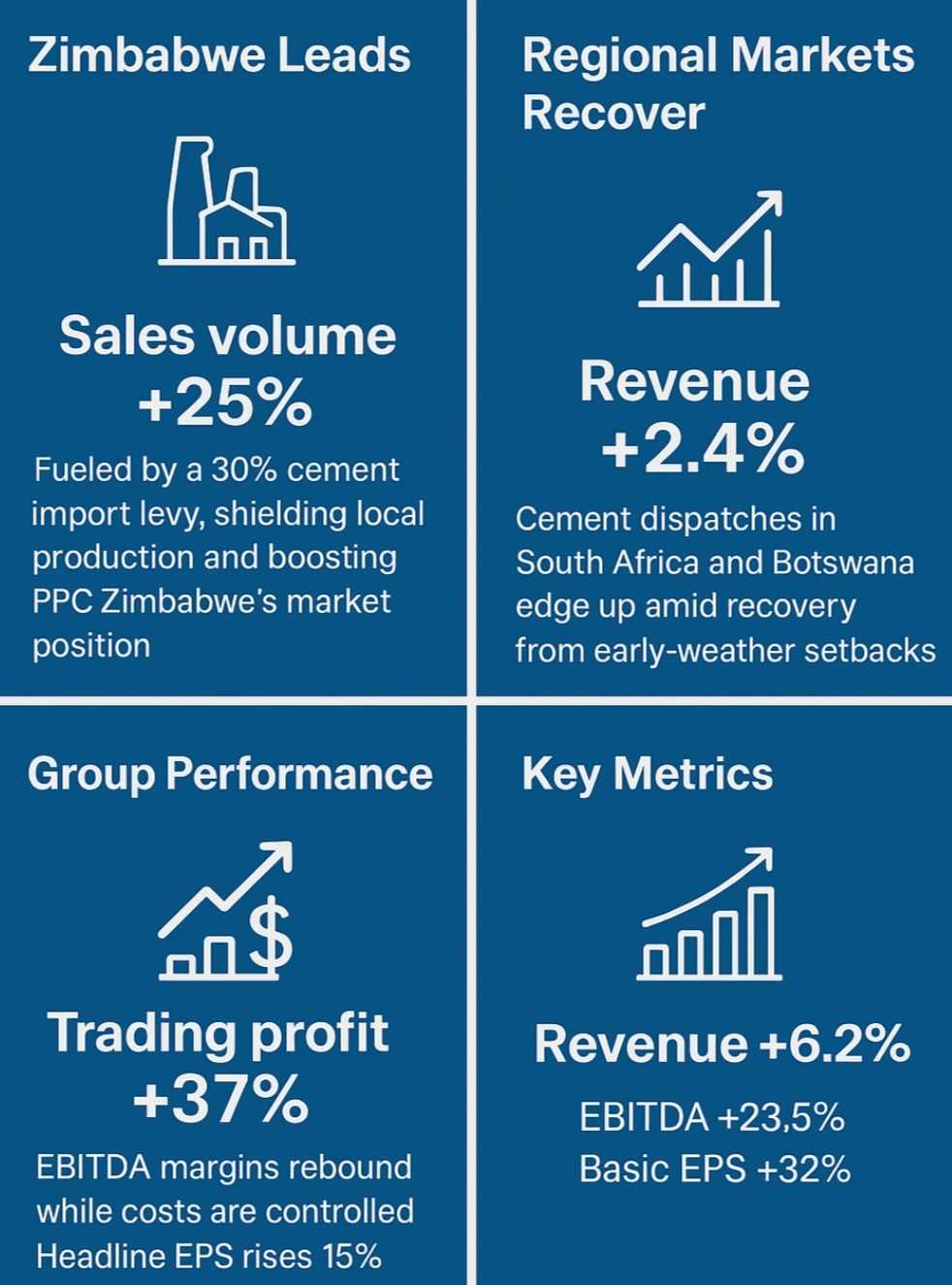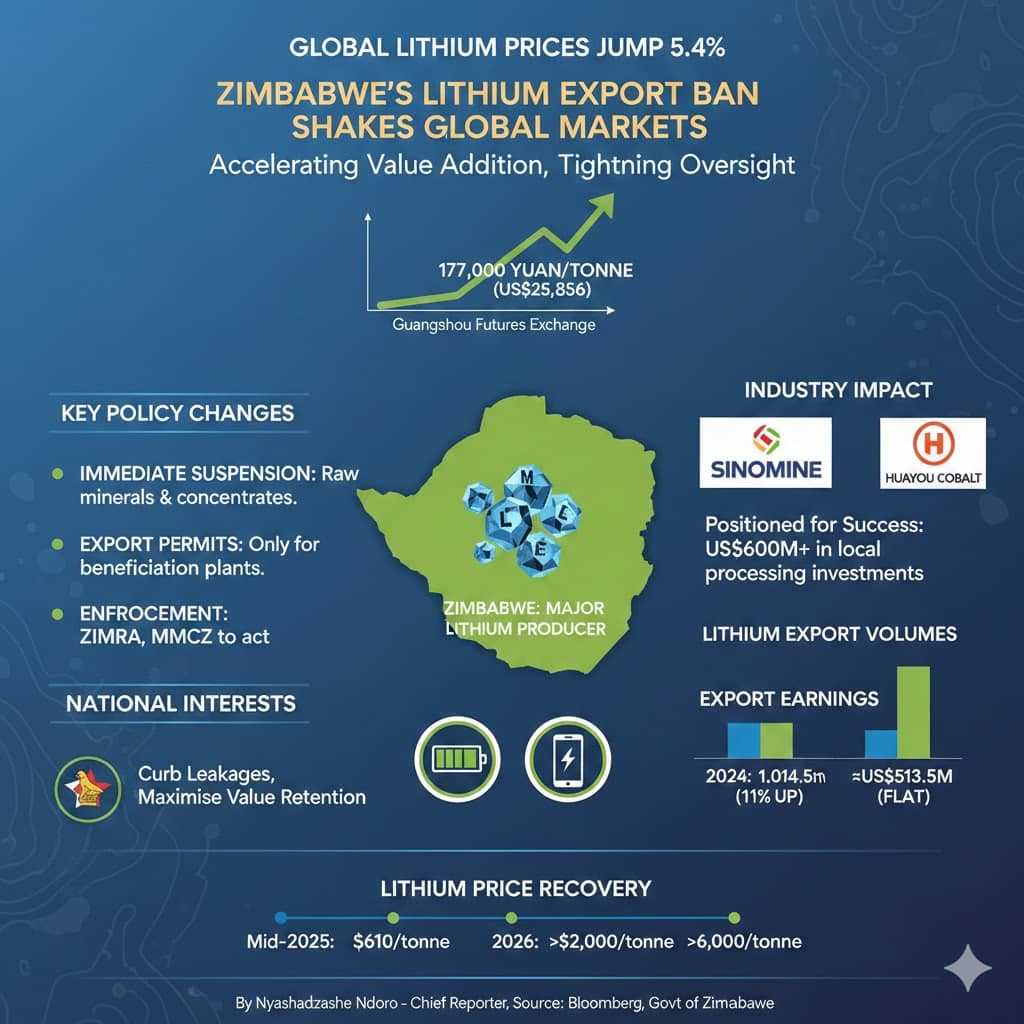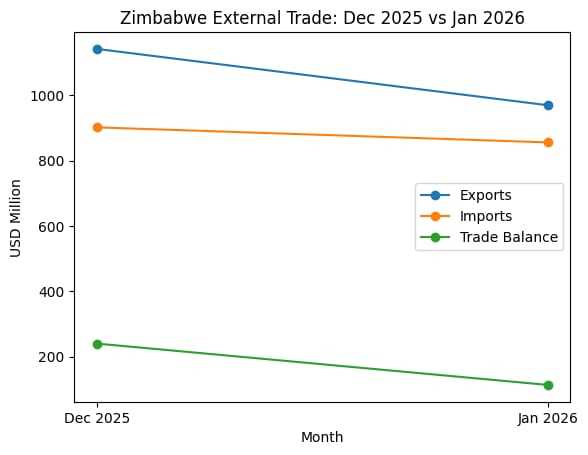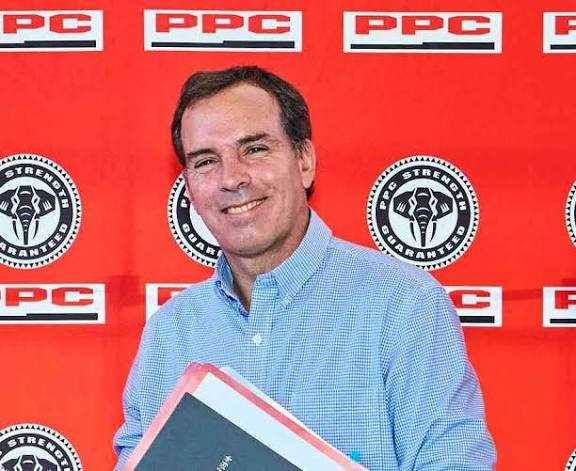
PPC’s turnaround is gathering momentum — and Zimbabwe is now at the centre of the cement manufacturer’s return to profitability.
The local operation delivered one of its strongest performances in years, with sales volumes surging 25% year-on-year, powered by resilient demand and policy measures that shielded the market from disruptive imports.
A 30% levy on cement imports, introduced in May, reinforced PPC Zimbabwe’s competitiveness by curbing cheaper foreign cement inflows. This protection helped the unit rebound sharply in the second quarter of the financial year, following a scheduled maintenance shutdown in the first.
Zimbabwe’s cement market has been under immense strain, with a construction boom pushing domestic demand far beyond the country’s installed capacity of 2.6 million tonnes per year. Prices have risen 42% in recent months, underscoring a persistent supply-demand mismatch that has worked to PPC’s advantage.
The strong Zimbabwean performance forms a critical part of the group’s broader recovery trajectory. PPC’s financial results reflect a more resilient operational model and improved cost management across regions.
Beyond Zimbabwe, South Africa and Botswana saw a modest but meaningful recovery. Cement despatches across both markets edged up 2%, reversing weather-related disruptions earlier in the year.
This volume improvement supported a 2.4% rise in revenue for the region, which reached R3.25 billion, thanks in part to increased sales of higher-margin cement varieties.
South Africa’s construction market itself is on a slow but steady upward path. Valued at roughly R50 billion in 2024, the sector is forecast to grow at 5.3% annually through 2033, intensifying competition among major players like PPC, AfriSam and Sephaku. Nonetheless, PPC continues to gain ground through efficiency gains and margin-focused product mix strategies.
Related Stories
Industry-wide, South Africa’s cement consumption is projected to expand at a 2.5% CAGR from 2025 to 2034, reaching 17.5 million metric tonnes by the end of the decade, according to Expert Market Research.
PPC’s group-level financial performance demonstrates the extent of the turnaround:
- Headline earnings per share: +15% to 25 cents
- Basic earnings per share: +32% to 29 cents after adjusting for exchange losses
- EBITDA: +23.5% to R983 million, lifting margins to 18.3%, a multi-year high
- Group revenue: +6.2% to R5.38 billion
- Trading profit: +37% to R688 million
The company’s disciplined procurement strategy kept the cost of sales increase at just 4.3%, while administrative expenses declined, signalling more efficient overhead management.
These improvements stem from internal reforms rolled out over the past year — including a plant optimisation blueprint, logistics enhancements and supply chain streamlining.
Given that freight and logistics can absorb up to 20% of margins in the cement industry, these efficiencies are proving material.
The group also reported a 32% improvement in net cash inflow, reaching R661 million, thanks partly to an advance related to the R3 billion RK3 plant under construction in South Africa’s Western Cape.
The RK3 facility — expected to add 1.3 million tonnes of annual production capacity — is positioned to serve high-growth, underserved regions and is regarded as a core driver of PPC’s medium-term expansion strategy.
PPC’s financial health remains robust:
- South Africa and Botswana operations continue to operate with minimal net debt — well below covenant levels and internal thresholds.
- Zimbabwe operates entirely debt-free, with R253 million in unrestricted cash, offering flexibility in a market where import controls have recently been eased to alleviate shortages.
These liquidity strengths have enabled PPC to withstand currency volatility and reinvest in operational resilience.
Management’s priorities include:
- Advancing the plant performance optimisation programme
- Accelerating RK3 construction
- Strengthening distribution networks
- Embedding the turnaround strategy across all business units

















Leave Comments